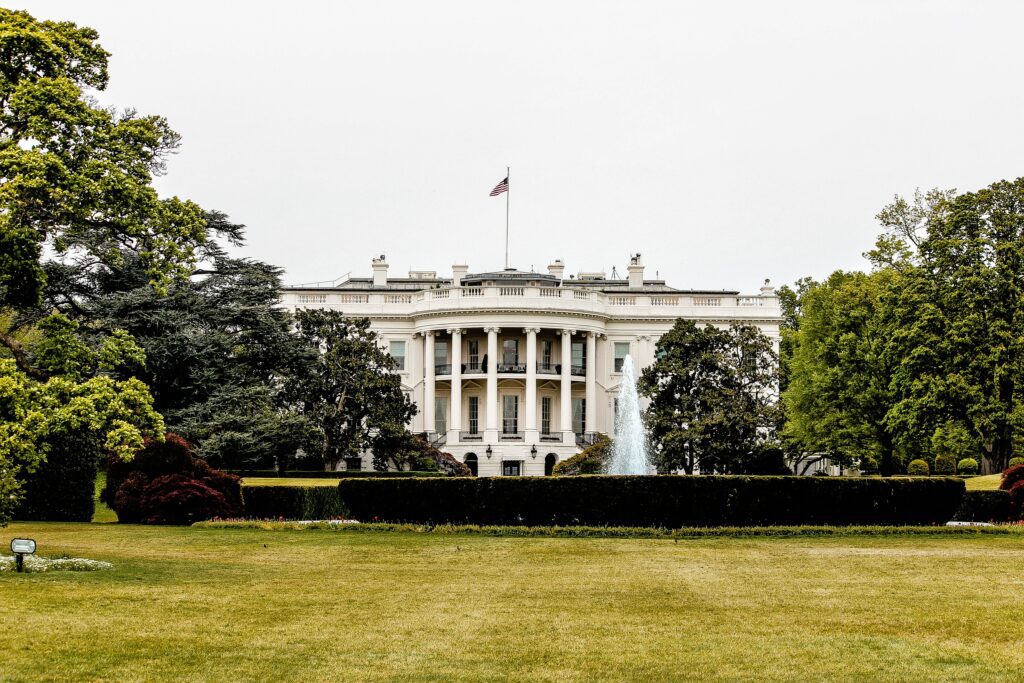With any new US administration, policies and regulations can change and evolve, changing the way businesses operate and the regulations with which they must comply. Now that the Biden administration is in full swing, we’re seeing an expected reversal of many Trump administration policies and an increased focus on environmental regulations. Inevitably, this will lead to changes in conflict mineral regulations and enforcement, and your company should be prepared with increased due diligence.
Actions of the Biden Administration
In the previous US administration, many environmental and social regulations on businesses were rolled back. But with the Biden administration, it is expected that many of these regulations to be reinstituted, revamped and increased.
Some of these policies may be implemented quickly via executive order, as we’ve already seen President Biden sign dozens within his first six months in office. For instance, on February 24, 2021, President Biden issued the Executive Order on America’s Supply Chains. This executive order calls for adjustments of scope and assessments of “the defense, intelligence, cyber, homeland security, health, climate, environmental, natural, market, economic, geopolitical, human-rights or forced-labor risks or other contingencies that may disrupt, strain, compromise, or eliminate the supply chain.”
In response to this, advisors to the Biden administration submitted a 250-page report about America’s materials and minerals supply chain in June 2021, giving us insight as to how the United States conflict minerals regulations and enforcement may change in the coming years.
Conflict Minerals Regulations Under the Biden Administration
In 2017, the Trump administration threatened to suspend the US Security and Exchange Commission’s (SEC) Conflict Minerals Rule. The rule remained in place, despite the administration’s discussion of possible elimination. However, a lack of enforcement weakened the regulation. Without the threat of enforcement, many companies decreased their due diligence activities for responsible sourcing of 3TG (tin, tantalum, tungsten and gold).
Now, with other regulations on the rise under the Biden administration, it is widely speculated that the Conflict Minerals Rule will be re-visited. It is likely that enforcement will be reinstated and more stringent rules could be applied. SEC requirements could also be expanded to companies that are not currently required to report.
The US could also see other changes in conflict minerals regulations, especially as the European Union (EU) increases the scope and requirements of their regulations. In coming years, we may see the US align their conflict minerals regulations with the EU’s new regulations that were instituted on January 1, 2021.
Electric Vehicles and Conflict Minerals in the Biden Administration
Changes in how companies regulate conflict minerals will also result from market changes and new administration policies concerning economic activity — as is the case with electric vehicles.
With the American Jobs Plan, President Biden is proposing a $174 billion investment in the electric vehicle market. This is an attempt to compete with China, which currently has the largest electric vehicle market in the world. The plan will give grants, tax credits and other incentives to domestic companies that manufacture batteries and other electric vehicles components.
This increase in electric vehicle production will also increase the demand for raw materials necessary for the production of electric vehicle batteries, including cobalt, nickel and lithium. Although these minerals aren’t included in 3TG, they are abundant in many conflict-afflicted areas of the world, and there has been increased pressure and expectations for companies to responsibly source them and provide transparent reporting throughout the supply chain.
As a result, we can likely expect an increase in regulations concerning these minerals in order to fight against human rights violations and violence that are all too common in the mining of these minerals.
How to Prepare
Every new US administration comes with policy and regulatory changes that affect the way companies do business. The contrast between Trump administration and Biden administration policies is especially stark. Your company should be preparing now for future increased enforcement and possible new conflict minerals regulations.
The first step is to continue identifying and assessing risks in your supply chain and increase due diligence activities for conflict minerals in your supply chain. Understanding your supply chain and possible conflict minerals risks will prevent you from being blindsided by new legislation or customer requirements.
You should also reinforce your company’s environmental and social policies and requirements to your suppliers. Make sure they understand your expectations and inform your suppliers that new requirements may be on the horizon so they can prepare as well.
For support with conflict minerals legislation and preparing for stricter enforcement, contact Tetra Tech’s conflict minerals experts at [email protected]. We can help train employees and suppliers in conflict minerals compliance, provide due diligence and reporting services, and help prepare your company for coming regulation changes.






